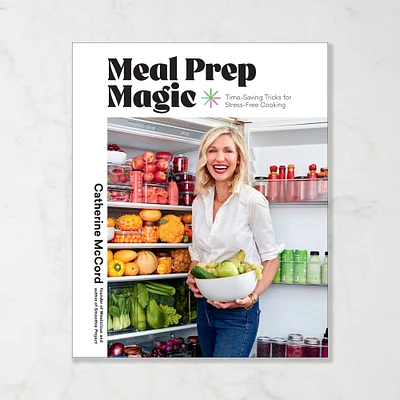Home
The Magic of Chillies For Cooking and Healing
Barnes and Noble
The Magic of Chillies For Cooking and Healing
Current price: $10.99


Barnes and Noble
The Magic of Chillies For Cooking and Healing
Current price: $10.99
Size: OS
Loading Inventory...
*Product information may vary - to confirm product availability, pricing, shipping and return information please contact Barnes and Noble
The Magic of Chillies For Cooking and Healing
Table of Contents
Introduction
What Is the Difference between Chillies and Chili Peppers?
How to Grow Chillies.
Growing Chillies from Their Seeds
What Makes the Chillie so Hot?
Why Do People Crave Chillies?
Original Traditional Cuisine Including Curries.
Spicy Dry Chicken Curry.
Red-Hot Thai Curry Paste
Massaman Curry Paste
Massaman Beef Curry
Measuring the Heat of Chillies
Chillies for Healing
Traditional Winter Hot Oil
Chillies Infused Oil
Appendix
Traditional Hungarian Goulash.
Desi Ghee
How to Make Coconut Cream
Conclusion
Author Bio
Why is it to that the word "Chillies" does not conjure up a vista of something really hot, in the Eastern mind, but does so, in the Western mind? That is because few Easterners are particularly fascinated by the heat of chillies, because as they say, Familiarity Breeds Contempt. They are so used to having chillies as a part of the daily cuisine, and in their natural remedies, that it has never been an exotic spice or a herb to them.
An Easterner knows that chillies are hot. He knows that he can alleviate the burning sensation by taking a spoonful of yogurt, or a spoonful of sugar. In fact, in 1902, an American pharmacist William Scoville did some research on how many drops of sugar water were needed to alleviate the burning sensation of a hot chili pepper! But in the East, the chillies are just not restricted to their heat content - they are used to give the deep red color to gravies, especially hot red curries and gravies like Goan Vindaloos and Rogan Josh. Eastern sauces and pickles are given their piquancy with a handful of chillies.
Some of the milder chillies are stuffed with a mixture of spices and mashed potatoes, and served as a vegetable. Capsicum is a good example of that particular chillie family.
Chillies are just not an integral part of Indian cuisine; they are also very popular among the Chinese, the Thais and other oriental and Eastern cuisine, excepting the Japanese. The Japanese, have kept away from the Chillie Revolution, and that is why their food, though delicious and nutritious is comparatively bland in heat content.
Thai cuisine is a mixture of heat and herbs and spices. Chillies are just sprinkle on the top of the Thai dishes, to lend color, and flavor. They are also sprinkle on Thai salads in powdered form, to give the salads the touch of hot piquancy.


















